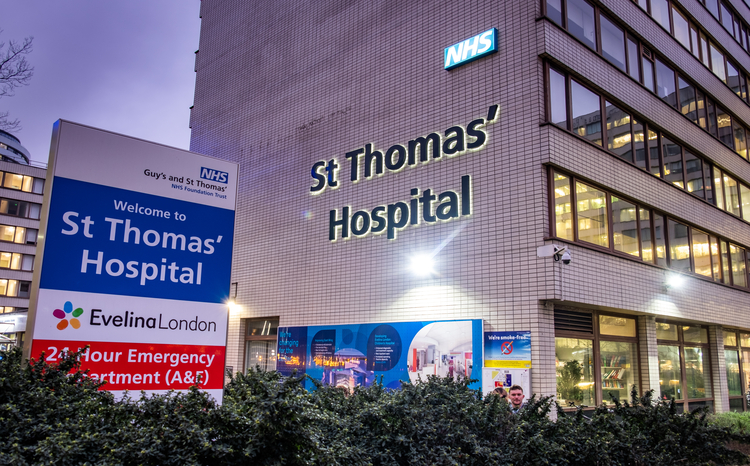Leapfrog Group Extends Reach
- 1 May 2002
The Leapfrog Group, an alliance of US healthcare organisations dedicated to reducing avoidable medical mistakes through introducing technology and best practice standards, has announced that 12 new regions of the US are to adopt the group’s patient safety standards.
According to research by the US Institute of Health tens of thousands of Americans die and many more are injured each year due to entirely avoidable medical mistakes made in hospitals. Research suggests that nearly one million medication errors occur in US hospitals every year, and that up to 58,000 deaths resulting from medical error could be avoided each year.
Formed in 2000, the Leapfrog Group supports the adoption of three proven patient safety standards to prevent such avoidable medical mistakes in hospitals: the use of computerised prescription systems (also known as computer physician order entry – CPOE); evidence-based hospital referral; and staffing Intensive Care Units with specialists in critical care.
"As a major health care purchaser for more than 800,000 people, we have a responsibility to provide our employees with safe health care, but we cannot improve patient safety on our own," commented Greg Marchard, senior manager, Health and Welfare Operations with Boeing, a participant in the Leapfrog initiative.
The twelve new regions will encourage urban hospitals to adopt the group’s patient safety standards. This will include providing consumers with critical information to enable them to make more informed hospital choices.
In 2001 the Leapfrog Group rolled out its initiatives in Atlanta, California, Michigan, Minnesota, east Tennessee, Seattle and St Louis. The twelve new regions include Colorado, Central Florida, and Dallas-Fort Worth.
Leapfrog says it will now have the potential to reach 40% of all consumers in the US, with critical information to make better informed choices about hospitals.
Aligned companies and organisations in these regions will aim to build community-wide collaboration among public and private health care purchasers, hospitals, physicians, and consumer groups to reduce the number of patients harmed or killed by avoidable medical errors.
Efforts will initially focus on urging urban acute hospitals to complete an online survey to detail their progress towards meeting the three safety standards being promoted by Leapfrog.
Survey information completed by participating hospitals on their progress against the three core safety standards is available to consumers online at http://www.leapfroggroup.org .
“These regions are helping to set the pace for the nation,” said Suzanne Delbanco, Ph.D., executive director of The Leapfrog Group. "By prompting patients to consider three proven safety practices when choosing a hospital, and encouraging local hospital providers to adopt them, purchasers can help protect thousands of Americans from disability and death."
Few hospitals have yet implemented all the quality standards being promoted by Leapfrog, but developments such as introducing computerised prescribing has the potential to dramatically reduce medication errors.
Research by John Birkmeyer, M.D., of Dartmouth Medical School indicates that implementing the three main standards could save up to 58,300 lives per year if implemented by all non-rural hospitals in the US.




